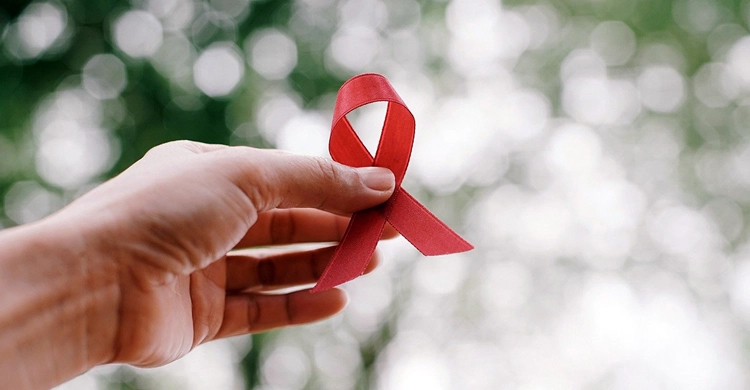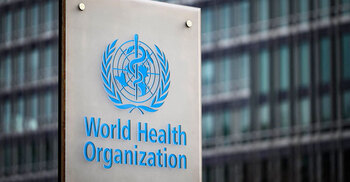Bangladesh has 14000 AIDS patients, 729 infected in a year

Bangladesh has, so far, around 14,000 patients of AIDS, the most advanced stage of HIV infection. Though the number is low, the country is at high risk because of neighbouring India and Myanmar which have higher transmission rates.
According to the latest statistics, a large portion of the total AIDS patients in Bangladesh are Rohingya population. The officials concerned laid emphasis on screening at the country's all air, sea, and land ports to prevent the spread of the deadly virus.
They said India and Myanmar have different communications with the businesses and common people of Bangladesh. So, awareness should be raised among the citizens besides the government and non-government initiatives to this end.
Assistant Professor of Shaheed Suhrawardy Medical College Hospital, Dhaka virologist Dr Zahidur Rahman told Jago News, "Bangladesh is a country of low prevalence in case of HIV infection.
"But it is at risk for various reasons. We have borders with two countries (India and Myanmar). Both are at high risk. There are also a few lakh Rohingyas in the country."
Mentioning people coming to Bangladesh from the two neighbouring countries, he said it is urgent to launch HIV screening tests at air, sea and land ports.
"This test will not cost much, and it may take 10 minutes to conduct the same by kit. The United Nations have huge idle money which we can use for HIV screening," he added.
The official also said, "This disease (AIDS) is spread through infected person's blood, and unsafe sexual intercourse, as well as transmitted to child from affected mother. It is urgent to take steps to contain HIV infection."
According to the Bangladesh Bureau of Statistics (BBS), around 28.05 percent of women are not informed about AIDS but 71.05 percent are aware of at least one carrier of the disease. The awareness rate among the women about all the spreaders rose to 36 percent, 7 percent more than that of 2016.
The government agency thinks the risk of AIDS transmission among women is rising as the awareness did not grow at the desired level.
The data provided by the National AIDS/STD Control (NASC) Programme of the Directorate General of Health Services said a total of 12,91,069 samples were tested from November 2020 to November 2021 to detect HIV/AIDS. The same was around 13,32,589 in the previous year.
Out of the newly 729 HIV-infected people in last year, men are 420, women 210, transgenders 12. Of them, Rohingya refugees are 188 (account for 26%), common people 186 (26%), abroad returnees and their families 144 (20%), people who take drugs through injection 61 (8%), female sex workers 17 (2%), homosexuals 67 (9%), male sex workers 53 (7%) and transgenders 12 (2%), the data showed.
BBS SDG focal point Alamgir Hossain told Jago News, "AIDS is not severe in our country but caution important. Spot based transmission must be stopped."
This disease is low at the household level and it spreads through networks, he said, adding that more information about HIV is necessary.
"We will collect more and more information about HIV under mix survey and through this, the matter of awareness will come up," the official also said.
According to BBS, more than 14,000 AIDS patients were, so far, recorded in the country. Of them, around 84 percent came under treatment. The disease, however, claimed 205 lives in 2020, taking the total death toll to 1,588.
Bangladesh first detected HIV positive case in 1989. The first AIDS patient is still alive and physically sound. He regularly communicates with the HIV treatment programme.
About screening, Bangladesh Land Port Authority (BSBK) said the government has a plan of screening people coming from India and Myanmar with a view to halting HIV. Steps will be taken in this regard after constructing the necessary infrastructure and collecting materials.
BSBK director (traffick) Mohammad Masudur Rahman Bhuiyan told Jago News, "We have a plan about this. Necessary infrastructure is being developed for screening. There is no alternative to screening to contain HIV. Screening would be arranged after collecting necessary equipment."
MOS/SU







